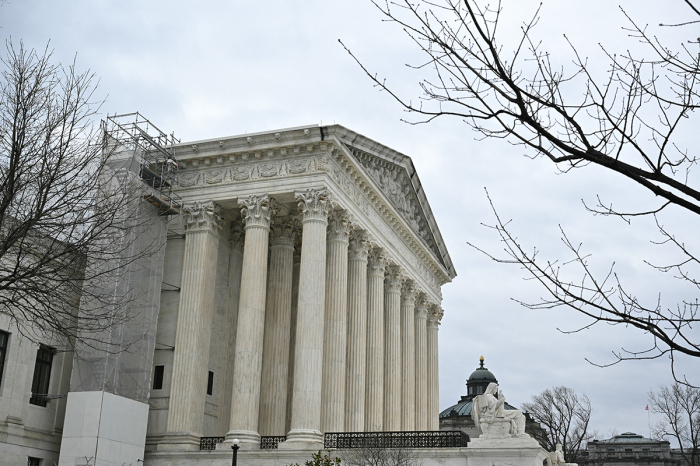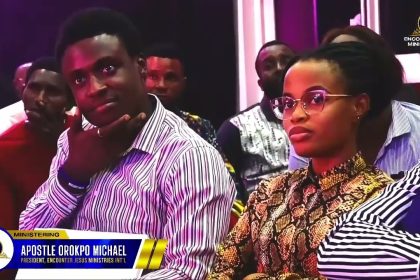
The United States Supreme Court has agreed to hear an appeal in a case surrounding the Catholic Charities Bureau’s fight to have a religious tax exemption in Wisconsin.
In a miscellaneous order released Friday, the Supreme Court granted without comment a petition for a writ of certiorari in the case of Catholic Charities Bureau, Inc. v. Wisconsin Labor Review Commission et al.
Eric Rassbach, vice president and senior counsel at Becket, a law firm helping to represent Catholic Charities, said in a statement released Friday that he was hopeful the high court would rule in their favor.
“Wisconsin is trying to make sure no good deed goes unpunished,” stated Rassbach. “Penalizing Catholic Charities for serving Catholics and non-Catholics alike is ridiculous and wrong. We are confident the Supreme Court will reject the Wisconsin Supreme Court’s absurd ruling.”
In 2016, the Catholic Charities Bureau asked the Wisconsin Department of Workforce Development to exempt it from having to pay into the state unemployment insurance program because of its religious nature.
The WDW declined the request, arguing that Catholic Charities was not primarily religious in nature. The charity appealed to an administrative law judge, who reversed the earlier ruling.
The WDW then petitioned the Wisconsin Labor and Industry Review Commission, which ruled against Catholic Charities, arguing that their activities were chiefly secular and, therefore, did not qualify for a religious exemption.
In March, the Wisconsin Supreme Court ruled 4-3 that Catholic Charities did not fit the definition of a religious entity and, because of this, was ineligible for the religious exemption.
Justice Ann Walsh Bradley authored the majority opinion, concluding that the charity was “not operated primarily for religious purposes” and had to pay into the unemployment insurance program.
“CCB and the sub-entities, which are organized as separate corporations apart from the church itself, neither attempt to imbue program participants with the Catholic faith nor supply any religious materials to program participants or employees,” Bradley wrote. “An objective examination of the actual activities of CCB and the sub-entities reveals that their activities are secular in nature.”
In August, Catholic Charities filed a petition to the Supreme Court, which noted that while “all agree Catholic Charities is controlled by a church — the Diocese of Superior — the Wisconsin Supreme Court held that Catholic Charities is not ‘operated primarily for religious purposes’ and thus does not qualify for the tax exemption.”
“Religious bodies like Petitioners are deeply affected, having to pay unemployment taxes that otherwise could be helping the needy,” continued the petition.
“Moreover, because Petitioners are forced to pay into the state unemployment compensation program, they cannot participate in their church’s own unemployment compensation system along with Wisconsin dioceses, including the Diocese of Superior itself.”








